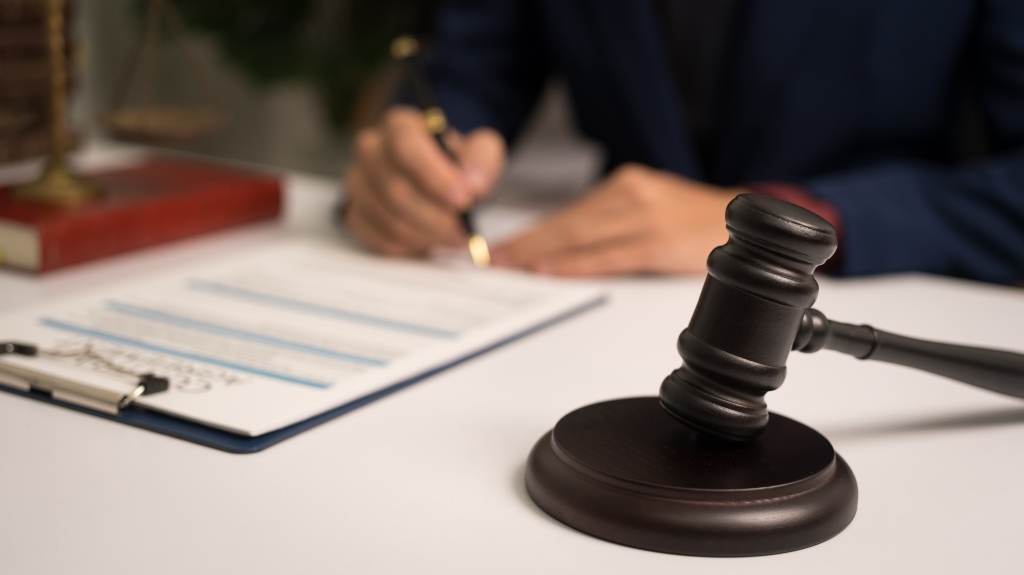What Happens After You Receive a Target Letter in North Carolina?
Receiving a target letter from a federal prosecutor can be a shocking and intimidating experience. If you’ve recently gotten one in North Carolina, you’re probably wondering what it means, what could happen next, and what steps you should take. At Ryan Willis Law, we believe knowledge is power, especially when you’re facing potential federal charges. If you’ve received a target letter, here’s what it could mean and how to safeguard your future.
What Is a Target Letter?
A target letter serves as an official notification from a U.S. Attorney’s Office, indicating that you are the focus of a federal investigation. According to the Department of Justice, a “target” is someone whom prosecutors believe has substantial evidence linking them to a federal crime. It’s not just a warning, it’s a serious indication that you may soon be indicted.
These letters typically come in cases involving:
- White collar crimes (e.g., fraud, embezzlement, tax evasion)
- Drug trafficking
- Public corruption
- Conspiracy or organized crime
The letter may also invite you to testify before a grand jury or offer you the opportunity to speak with federal agents or prosecutors. While it might sound like a chance to “clear things up,” it’s essential to understand that anything you say can and will be used against you.
What’s in a Target Letter?
A typical target letter will:
- Notify you that you are a target in a federal investigation
- Identify the alleged offense(s) under investigation
- Inform you of your Fifth Amendment rights
- Possibly invite you to appear before a grand jury
- Encourage you to retain legal counsel
If you’ve received one, the government already has evidence and is considering presenting your case to a grand jury. You are likely under serious scrutiny.
What Happens Next?
Here’s what typically happens after you receive a target letter:
Consult a Criminal Defense Attorney Immediately
This cannot be stressed enough. A federal investigation is incredibly serious. Do not contact investigators or try to handle the situation yourself. An experienced defense attorney can:
- Communicate with the U.S. Attorney’s Office on your behalf
- Assess whether you are genuinely a target, a witness, or subject
- Explore whether there is a chance to avoid indictment
Your Attorney May Open Negotiations
In some cases, your attorney may be able to prevent charges by negotiating a resolution or showing that there is insufficient evidence. Alternatively, if the government insists on moving forward, your attorney can help prepare you for possible cooperation or plea discussions—if those are in your best interest.
Indictment or Grand Jury Testimony
If you’re called to testify before a grand jury, it usually means the government is collecting final evidence before seeking an indictment. You may have the right to decline under the Fifth Amendment, and your lawyer can advise you whether testifying helps or hurts your case.
Formal Charges May Follow
If prosecutors believe they have enough evidence, they will ask a grand jury to issue an indictment. If indicted, you will face formal charges in federal court, which is the beginning of a complex and high-stakes legal process.

Should You Cooperate?
Sometimes, prosecutors send target letters in hopes that the recipient will cooperate in exchange for leniency. However, cooperation is a high-risk decision that must be carefully considered with the assistance of counsel. If you cooperate without legal protection, you may inadvertently provide prosecutors with more ammunition against you without receiving anything in return.
Call Ryan Willis Law Today To Learn More
If you’ve received a target letter in North Carolina, don’t wait and don’t guess. At Ryan Willis Law, we have extensive experience handling complex federal investigations and defending clients under serious scrutiny. We know how to work with federal prosecutors—and when to fight back.
Contact us now for a private consultation. The actions you take today could shape your future.


